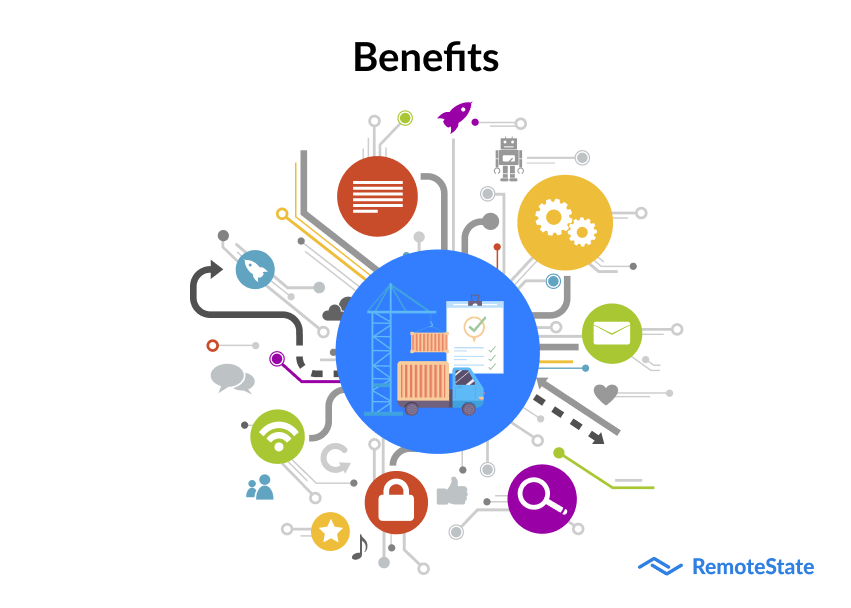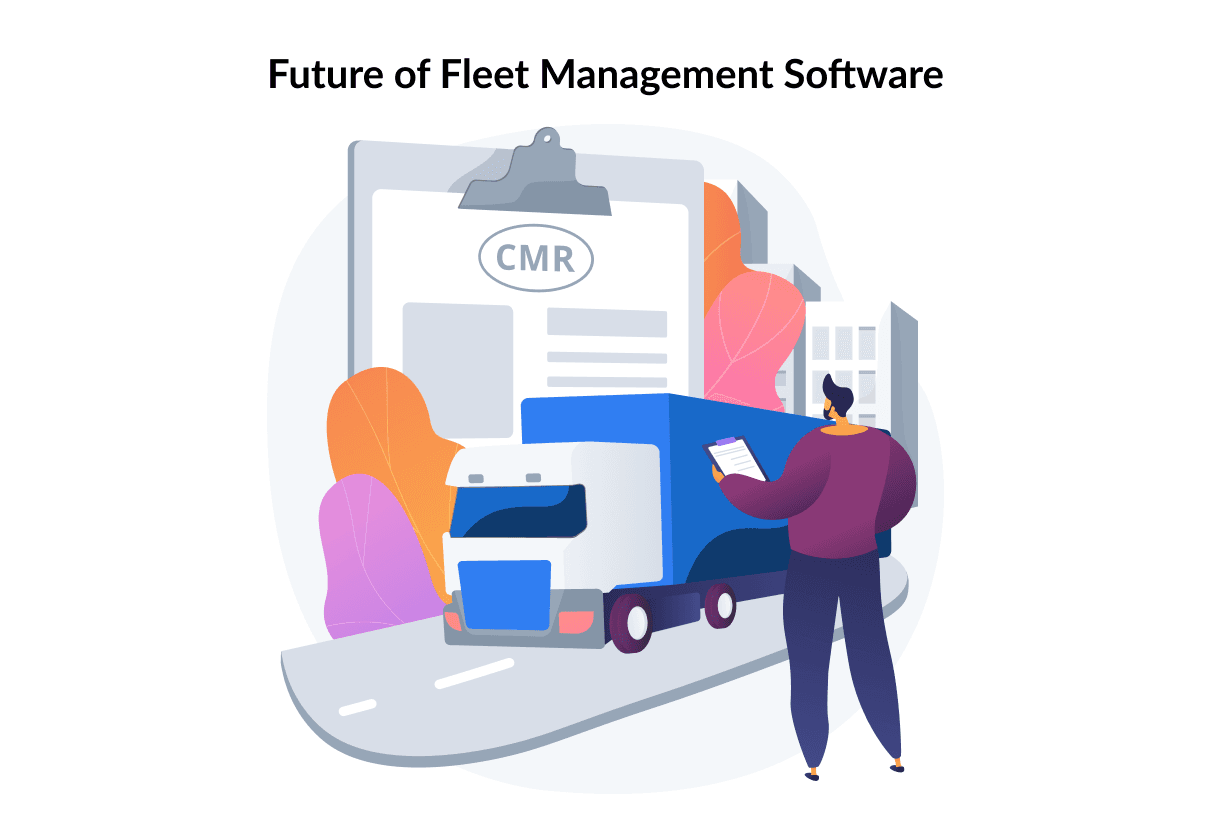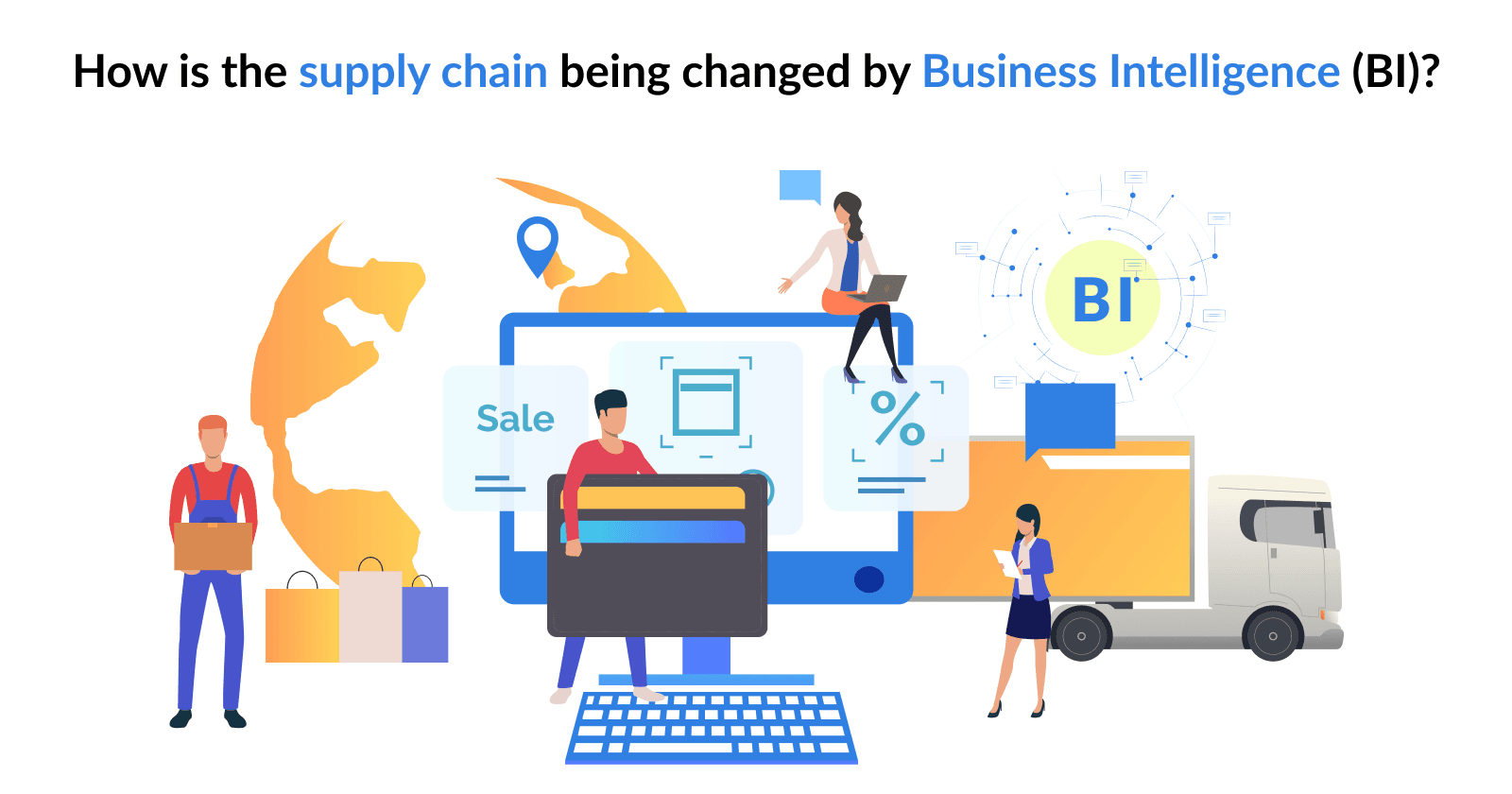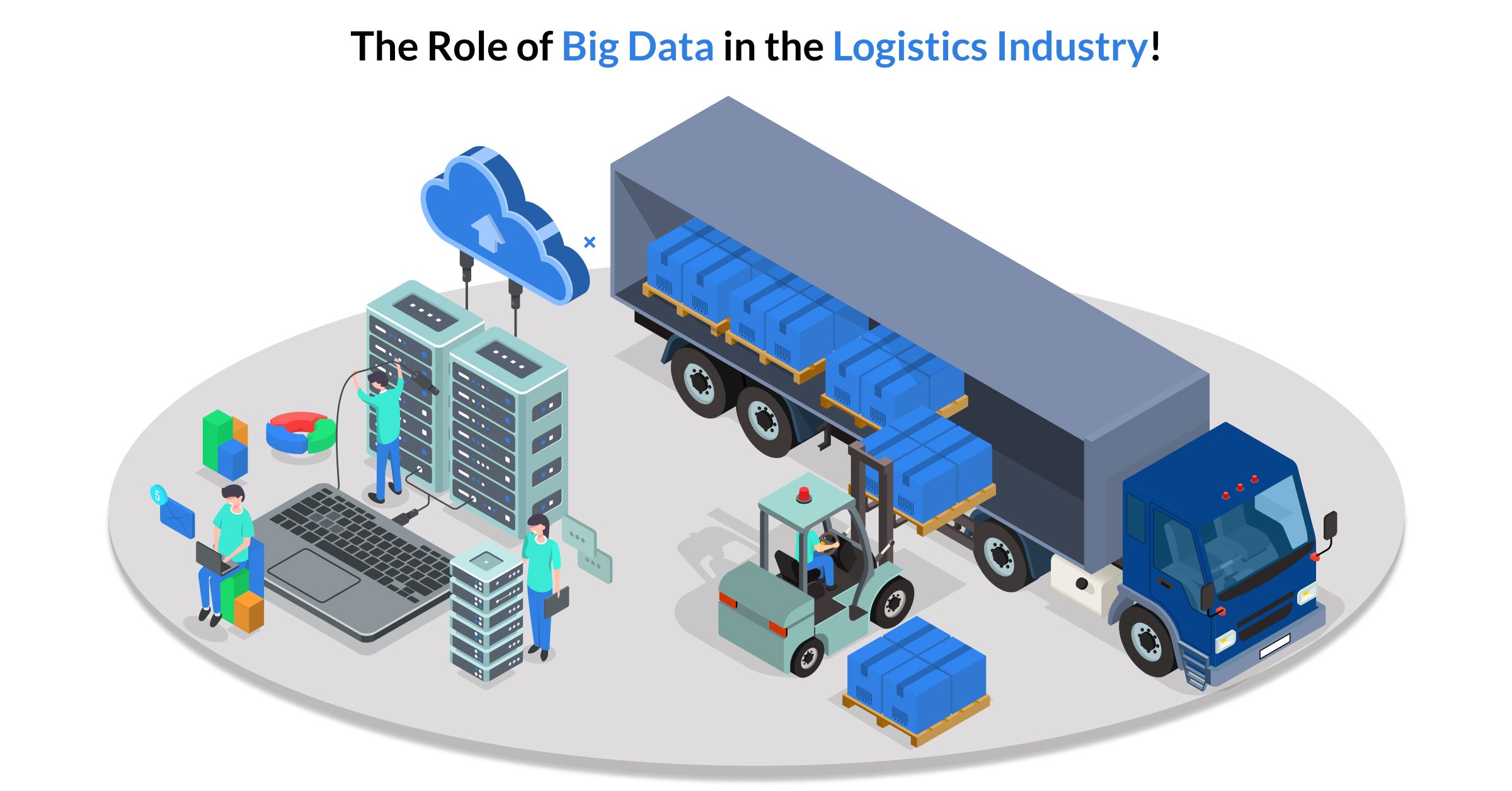Introduction
Logistics operations have always been an integral part of businesses across the world. From procurement and transportation to warehousing and distribution, logistics operations play a crucial role in the supply chain.
Logistics operations have always been an integral part of businesses across the world. From procurement and transportation to warehousing and distribution, logistics operations play a crucial role in the supply chain. However, with the advent of technology, logistics operations have undergone a significant transformation, bringing in numerous benefits, challenges, and opportunities.
In this blog, we will delve deeper into how technology is transforming logistics operations and what benefits, challenges, and opportunities businesses can expect to encounter.
Benefits of Technology in Logistics Operations

Enhanced Visibility and Transparency
One of the most significant benefits of technology in logistics operations is enhanced visibility and transparency. With real-time tracking and monitoring of shipments, businesses can keep track of their goods and ensure that they reach their destination on time. This level of visibility and transparency also enables businesses to identify bottlenecks and inefficiencies in the supply chain, leading to more efficient operations.
Improved Efficiency and Productivity
The use of technology in logistics operations has significantly improved efficiency and productivity. Automation of manual processes, such as order processing and invoicing, has reduced the likelihood of errors and enabled faster processing times. Additionally, the use of robotics and automated systems in warehousing and transportation has led to the faster and more accurate movement of goods.
Cost Reduction
Technology has also led to cost reduction in logistics operations. The use of automated systems and robotics in warehousing and transportation has reduced the need for manual labor, leading to lower labor costs. Additionally, real-time monitoring and tracking of shipments have reduced the likelihood of lost or stolen goods, leading to lower insurance costs.
Improved Customer Experience
The use of technology in logistics operations has also improved the customer experience. Real-time tracking and monitoring of shipments enable businesses to provide customers with accurate delivery times, leading to increased customer satisfaction. Additionally, automated order processing and invoicing have reduced the likelihood of errors, leading to a more positive customer experience.
Challenges of Technology in Logistics Operations
Cost of Implementation
The implementation of technology in logistics operations can be costly. The cost of hardware, software, and training can add up quickly, making it difficult for some businesses to justify the expense.
Integration with Legacy Systems
The integration of new technology with legacy systems can be a challenge. Many businesses still rely on legacy systems, which may not be compatible with newer technologies. Integration can require significant time and resources, leading to delays and increased costs.
Data Security
The use of technology in logistics operations can also pose data security risks. The increased use of cloud-based systems and the sharing of data between multiple systems increases the risk of data breaches. Businesses need to ensure that they have robust security measures in place to protect their data and the data of their customers.
Technical Issues
Technical issues can also be a challenge when using technology in logistics operations. System downtime and hardware failures can result in delays and increased costs. Additionally, businesses need to ensure that they have the technical expertise to troubleshoot and resolve any technical issues that may arise.
Opportunities of Technology in Logistics Operations
Greater Efficiency
The use of technology in logistics operations presents an opportunity for businesses to improve their efficiency. Automation of manual processes and the use of robotics and automated systems can lead to faster and more accurate movement of goods, reducing lead times and increasing throughput.
Improved Customer Service
The use of technology in logistics operations also presents an opportunity for businesses to improve their customer service. Real-time tracking and monitoring of shipments enable businesses to provide customers with accurate delivery times, leading to increased customer satisfaction.
Access to Real-Time Data
Technology also provides businesses with access to real-time data. This data can be used to identify bottlenecks and inefficiencies in the supply chain, leading to more efficient operations.
Better Inventory Management
The use of technology in logistics operations enables businesses to better manage their inventory. Real-time tracking of inventory levels and automated replenishment systems can help businesses maintain optimal inventory levels, reducing the likelihood of stockouts and overstocks.
Improved Supply Chain Collaboration
Technology can also improve collaboration between different players in the supply chain. Real-time sharing of data between suppliers, carriers, and customers can improve communication and collaboration, leading to a more efficient and responsive supply chain.
Conclusion
In conclusion, the use of technology in logistics operations has transformed the way businesses operate in the supply chain. The benefits of technology, such as enhanced visibility and transparency, improved efficiency and productivity, cost reduction, and improved customer experience, are significant. However, there are also challenges, such as the cost of implementation, integration with legacy systems, data security, and technical issues.
The opportunities presented by technology in logistics operations, such as greater efficiency, improved customer service, access to real-time data, better inventory management, and improved supply chain collaboration, make it an essential investment for businesses looking to stay competitive in the global market.
Transform Your Logistics Operations with Customized Technology Solutions from Remotestate!
Remotestate can help businesses in the logistics industry leverage technology to transform their operations. Our team of experienced software developers and engineers can develop customized solutions to help businesses improve their supply chain visibility, enhance efficiency and productivity, and improve the overall customer experience.
We can develop GPS tracking systems to provide real-time tracking and monitoring of shipments, enabling businesses to keep track of their goods and ensure that they reach their destination on time. Our warehouse management systems can help businesses better manage their inventory, reducing the likelihood of stockouts and overstocks.
Remotestate's transportation management systems can optimize the entire transportation process, from route planning to freight consolidation, reducing transportation costs and improving delivery times. Our automated storage and retrieval systems can improve warehouse efficiency, reducing the time and labor required to manage inventory.
We can also help businesses integrate technology with legacy systems, addressing the challenges associated with integration and ensuring that businesses can leverage the latest technology while still utilizing their existing systems.
In summary, Remotestate can help businesses in the logistics industry by providing customized technology solutions that improve supply chain visibility, enhance efficiency and productivity, and improve the overall customer experience. Our experienced software developers and engineers can develop solutions that address the unique challenges faced by each business, ensuring that they can stay ahead of the curve in an ever-changing industry.
FAQs
What technologies are commonly used in logistics operations?
Commonly used technologies in logistics operations include GPS tracking systems, warehouse management systems, transportation management systems, and automated storage and retrieval systems.
What are the benefits of using GPS tracking systems in logistics operations?
GPS tracking systems provide real-time tracking and monitoring of shipments, enabling businesses to keep track of their goods and ensure that they reach their destination on time. This level of visibility and transparency also enables businesses to identify bottlenecks and inefficiencies in the supply chain, leading to more efficient operations.
What challenges do businesses face when integrating technology with legacy systems?
Integration with legacy systems can be challenging because legacy systems may not be compatible with newer technologies. Integration can require significant time and resources, leading to delays and increased costs.
How can technology improve inventory management in logistics operations?
Technology can improve inventory management in logistics operations by providing real-time tracking of inventory levels and automated replenishment systems, helping businesses maintain optimal inventory levels, and reducing the likelihood of stockouts and overstocks.
How can technology improve supply chain collaboration in logistics operations?
Technology can improve collaboration between different players in the supply chain by enabling real-time sharing of data between suppliers, carriers, and customers, improving communication and collaboration, and leading to a more efficient and responsive supply chain.
Publication Date
2023-04-06
Category
Logistics
Author Name
Sajal Nehra


